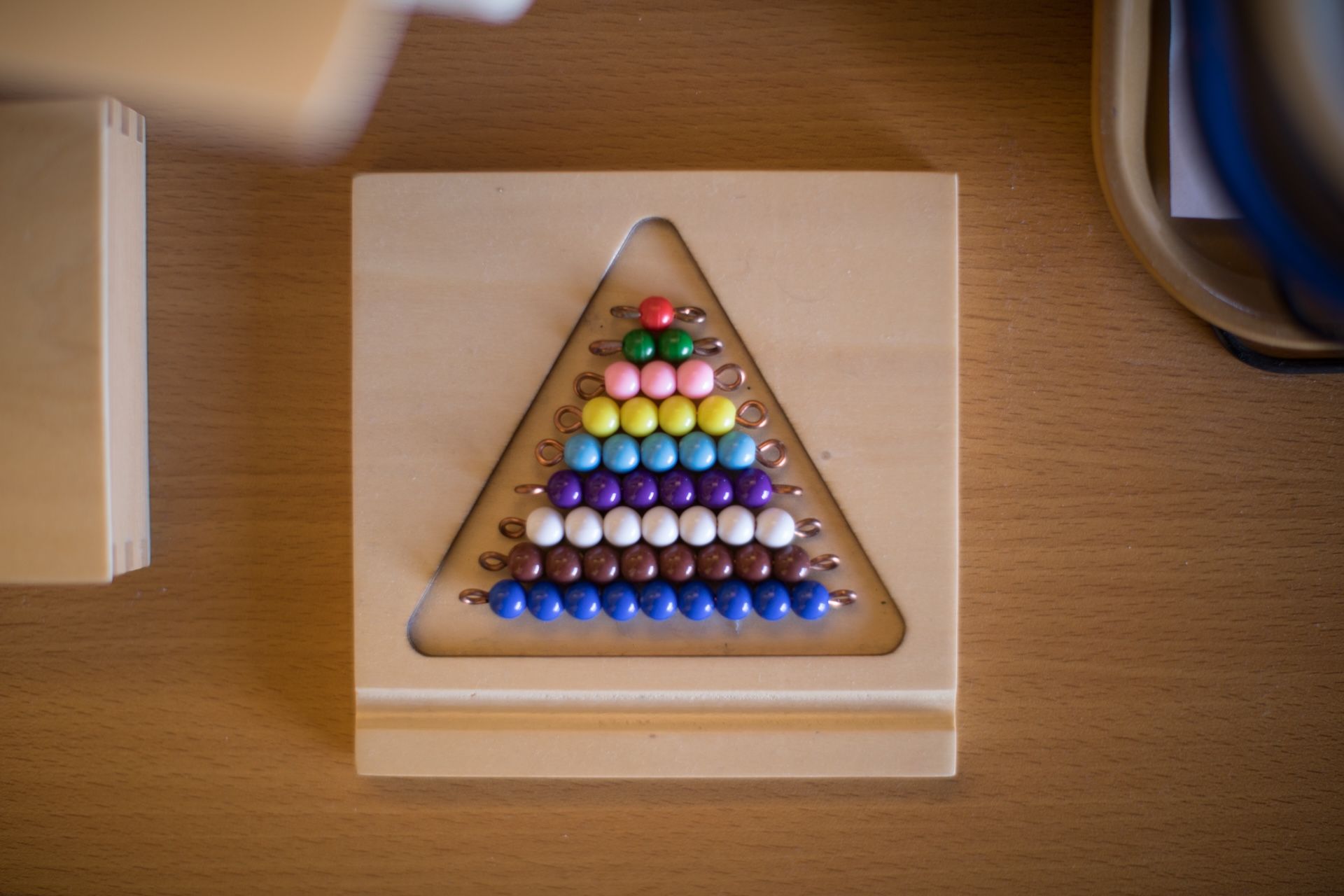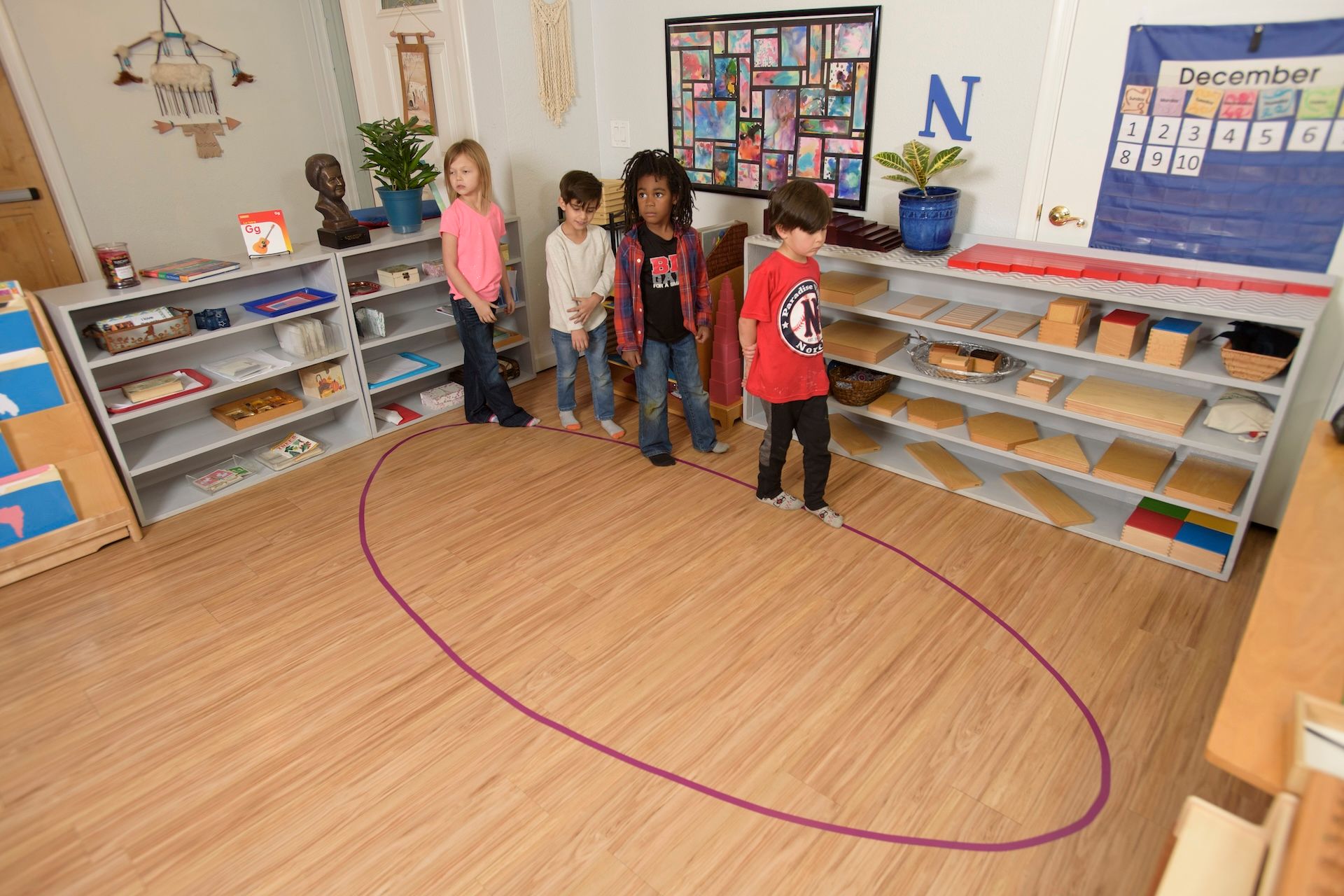Sometimes, the intense focus very young children possess is astonishing. Young infants will repeat the same action over and over again; and toddlers do this with words, ad nauseam. Watching a child gives you a chance to see their wheels turning, to see them follow beats or zone in on a perfectly straight row on of ants marching along the sidewalk. What’s going on? What are these babies even thinking about?

Science Behind Sensitivity Periods
We’re born without much in the way of instinct and have to figure out not only how to do things but how to learn about doing things in the first place. You may remember a time in your own life when you struggled to make sense of things that seem simple to you now. Neuroscientists have begun to see these neural connections forming and observe brain function as part of information absorbing. Dr. Montessori identified the “absorbent mind” as a key piece of children’s knowledge acquisition. However, within the young, plastic brain, there are certain windows of opportunity where children are already seeking this kind of knowledge, called “sensitive periods.”
Importance of Sensitivity Periods
Sensitive periods are times when a child’s focus is most naturally oriented towards learning certain things. These are transitory states, so they have a relative starting and stopping point. While the door on learning isn’t completely closed after these periods, the battle is much more significant for parents and educators. There are 3 major classifications of sensitive periods , with those breaking down into smaller, subject-specific topics.
Order:
The infant is learning about all the different orders in the world, from the way time works to how different things smell and taste. Stability and routine help the sensitive young mind learn about order and put together their own predictable universe with social hierarchies and physical laws.
Movement:
Most critical during the first year of life, children have to learn how to use their bodies. We’re among the few species that need to be taught to walk. Infants learn how they can change things with their limbs and how they can start to move around. As they get older, children refine internal balance, motor skills, and rhythm.
Language:
We learn to speak without being taught about language or knowing even what words are. Babies start to soak up this information immediately and create their vocabulary. The sensitive period for this lasts until age 6, as children learn to speak, read, and write with the full power of language.
Sensitive periods are a wonderful tool to help parents and teachers better understand what’s going on in their children’s brains. Learning about these will guide you in the toys and activities that will be the most stimulating for each age. Providing a nurturing environment at home and enrolling in early education will both help you build the best foundation for your child.
The post Understanding Your Child’s Sensitivity Periods appeared first on Pebblecreek Montessori.
Hours
MONDAY - FRIDAY
HALF DAY: 8:30a – 12 noon
ACADEMIC DAY: 8:30a – 3:30p
EARLY CARE: 7:00a – 8:30a
AFTER CARE: 3:30p – 6:00p
OFFICE: 8:00a - 4:00p
Programs
Connect
Pebblecreek Montessori




